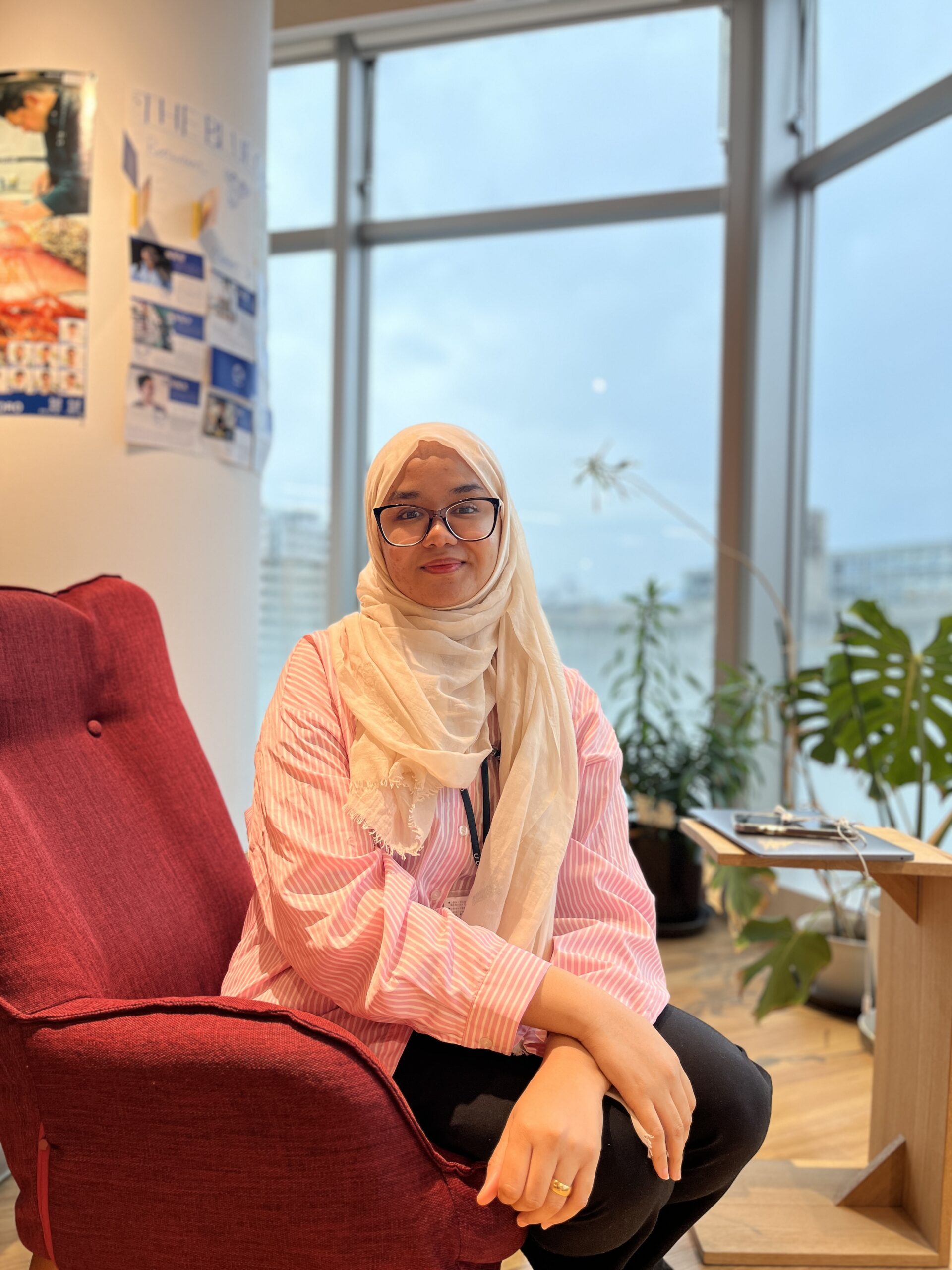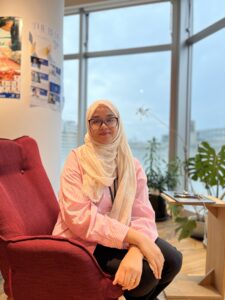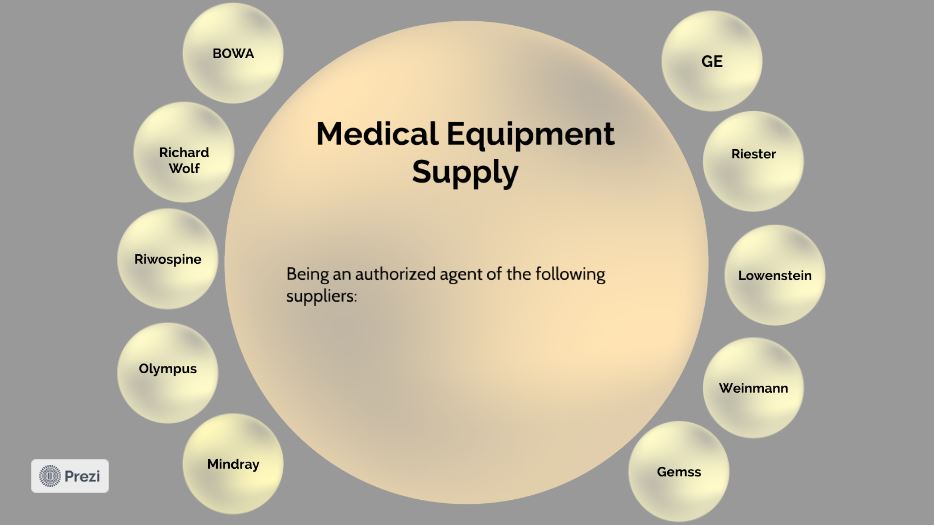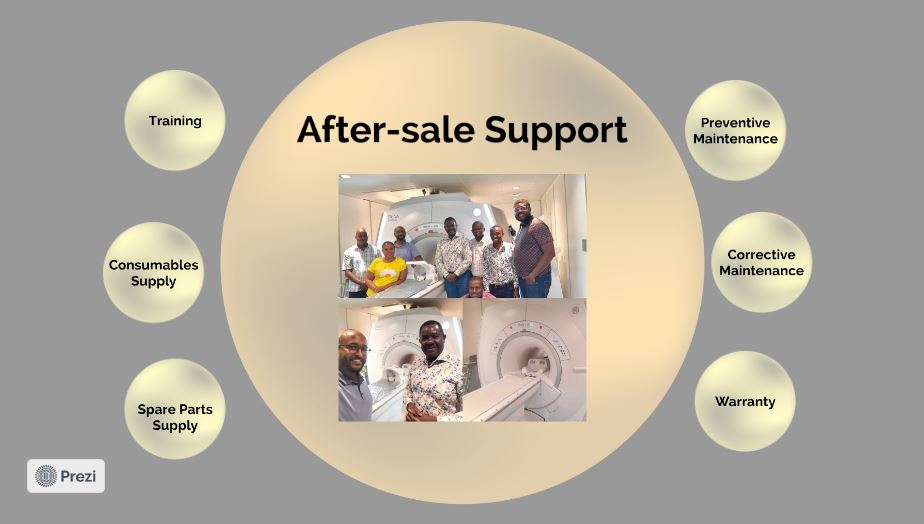News

Interview with Ludan Mndoor (English version below)

インタビュアー: 今日はインタビューにご協力いただきありがとうございます。まず、自己紹介をお願いします。
Ludan: 私の名前はLudan Mndoorです。スーダン出身で、ハルツーム大学経済・社会学部を卒業し、同大学で国際貿易の修士号を取得しました。2018年から医療機器業界で働いており、現在はRafeefという医療機器会社でビジネスディベロッパーを務めています。
インタビュアー: Rafeefはどのような会社ですか?
Ludan: Rafeefは医療機器を扱う会社で、ドイツ、アメリカ、日本などのブランドの独占代理店として活動しています。私たちはCTスキャンや人工呼吸器など、多くの医療機器を病院に導入しています。現在、スーダンを本拠地として、ケニア、南スーダン、ルワンダの4カ国に支店を展開しており、今後さらに拡大する予定です。

インタビュアー: 現在、日本・京都に新しいオフィスを開設しようとしていますね。なぜ京都を選んだのですか?
Ludan: 私たちは京都の企業や病院について事前に調査を行い、この地が医療分野でのビジネス展開に適していると判断しました。京都は大きな都市であり、医療関連の企業や施設が多いため、私たちの事業と親和性が高いと考えています。
インタビュアー: 事業は医療機器の販売だけでなく、病院の設計やインフラ整備も行っているのですね?
Ludan: はい、私たちは病院の設計・改修も行っています。特に特殊な医療機器の導入には専用の部屋が必要になるため、その設計を手掛けることもあります。私たちは政府病院や民間病院、さらには個人のクリニックとも協力しています。

インタビュアー: アフリカ市場の状況について教えてください。
Ludan: ルワンダでは政府が医療制度の整備に力を入れており、市場は拡大しています。ケニアでは経済成長とともに中間層が増え、民間病院の需要も伸びています。一方、スーダンは戦争の影響で医療インフラが厳しい状況にありますが、今後の復興によって市場の拡大が期待されます。南スーダンはまだ市場規模は小さいですが、成長の可能性は大きいです。
インタビュアー: 現在、日本でどのような企業と提携を考えていますか?
Ludan: 現在、日本ではドイツや中国に次いで、日本のオリンパス社と提携しています。今後はオムロン、島津製作所、Harpyといった企業との協力を目指しています。ただ、日本の企業にアプローチするのは難しく、適切な紹介や通訳が必要です。
インタビュアー: 京都でのビジネス展開において、直面している課題はありますか?
Ludan: 言語の壁が大きな課題です。企業とのミーティングを設定する際、適切な通訳や紹介者がいないと交渉が難しくなります。また、日本の企業はメールでのやり取りに慎重な傾向があり、適切なアプローチ方法を模索しています。
インタビュアー: 京都での生活についてはいかがですか?
Ludan: とても快適です。食事も美味しく、特におにぎりが気に入っています。日本の文化や生活スタイルにはまだ慣れない部分もありますが、徐々に順応していきたいと思います。
インタビュアー: 今後の目標を教えてください。
Ludan: 第一に、京都のオフィスを正式に開設することです。次に、日本企業との提携を進め、医療機器市場において強固な関係を築くこと。そして、アフリカ市場における日本の企業の医療機器展開をサポートし、橋渡し役となることが目標です。
インタビュアー: 本日は貴重なお話をありがとうございました!

90Days Program Participant Interview (Ludan Mndoor)
Interviewer: Thank you for taking the time to do this interview today. First of all, please introduce yourself.
Ludan: My name is Yogan Mohamed El Mahdi Mndoor. Originally from Sudan, I graduated from the Faculty of Economics and Sociology at the University of Khartoum and received a master’s degree in international trade from the same university. I have been working in the medical device industry since 2018 and am currently a business developer at a medical device company called Rafeef.
Interviewer: What kind of company is Rafeef?
Ludan: Rafeef is a medical device company that acts as the exclusive distributor of brands in Germany, the United States, Japan, and other countries. We have introduced many medical devices to hospitals, such as CT scans and ventilators. The company is currently headquartered in Sudan and has branches in four countries: Kenya, South Sudan, and Rwanda, with plans to expand further in the future.

Interviewer: You’re opening a new office in Kyoto, Japan. Why did you choose Kyoto?
Ludan: We did some preliminary research on companies and hospitals in Kyoto and decided that it would be a good place to do business in the medical field. Kyoto is a large city with many medical-related companies and facilities, so we believe that it has a high affinity with our business.
Interviewer: So your business is not only selling medical equipment, but also designing hospitals and building infrastructure?
Ludan: Yes, we also design and renovate hospitals. In particular, the introduction of special medical equipment requires a dedicated room, so we may be involved in its design. We work with government and private hospitals, as well as private clinics.

Interviewer: Tell us about the situation in the African market.
Ludan: In Rwanda, the government is focusing on improving the healthcare system, and the market is expanding. In Kenya, the middle class is increasing along with economic growth, and the demand for private hospitals is also growing. On the other hand, Sudan is in a difficult situation with medical infrastructure due to the war, but the market is expected to expand due to future reconstruction. South Sudan is still a small market, but it has great growth potential.
Interviewer: What kind of companies are you currently planning to partner with in Japan?
Ludan: Currently, we are partnering with Olympus, the Japan company, after Germany and China. In the future, we aim to cooperate with companies such as Omron, Shimadzu Corporation, and Harpy. However, it is difficult to approach companies in Japan, and appropriate introductions and interpreters are required.
Interviewer: Are there any challenges you face in developing your business in Kyoto?
Ludan: The language barrier is a big challenge. When setting up a meeting with a company, it can be difficult to negotiate if you don’t have the right interpreter or referral. Japan companies also tend to be cautious about email exchanges and are looking for the right way to approach it.
Interviewer: How do you feel about your life in Kyoto?
Ludan: It’s very comfortable. The food is also delicious, and I especially like the rice balls. I am still not used to the culture and lifestyle of Japan, but I would like to gradually adapt to it.
Interviewer: What are your goals for the future?
Ludan: First of all, we want to officially open our Kyoto office. Next, we will promote partnerships with Japan companies and build strong relationships in the medical device market. Our goal is to support the development of medical devices by Japan companies in the African market and serve as a bridge.
Interviewer: Thank you very much for your time today!


